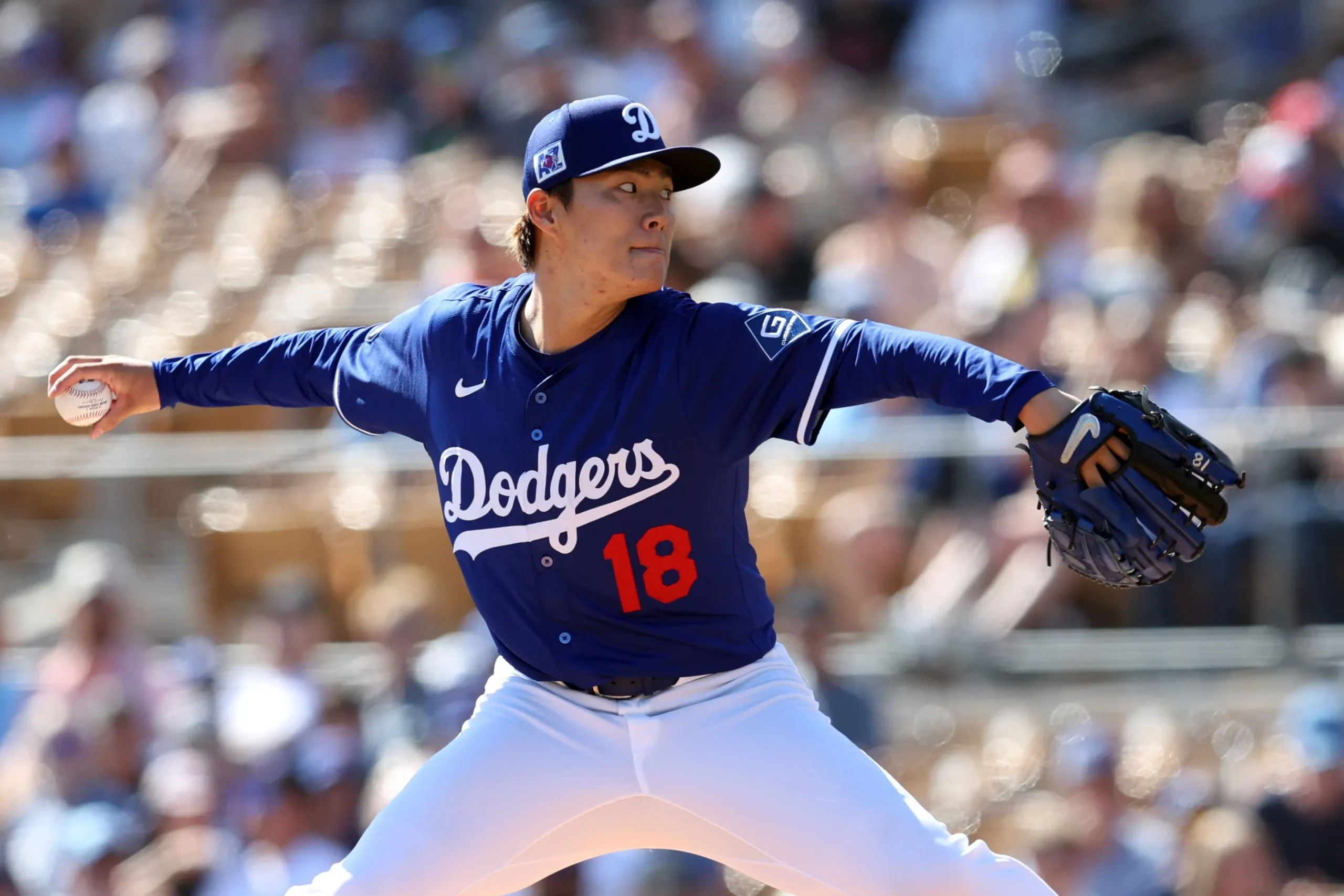In a surprising development, Major League Baseball (MLB) announced it will not be renewing its broadcasting agreement with ESPN post-2025. This decision concludes a partnership spanning over three decades, a period rich with playoff dramas and countless memorable Sunday Night Baseball moments.

The relationship between ESPN and MLB has been a cornerstone of sports broadcasting, with the network airing MLB games since 1990. However, recent years have seen a significant shift in ESPN’s strategy, with a notable reduction in baseball coverage, which has been pointed to as a primary reason for MLB’s decision to look elsewhere.
ESPN, known as the “worldwide leader in sports,” has progressively favored coverage of other major sports like football and basketball, even during their offseasons. This shift has been a growing frustration for baseball fans who have felt sidelined. MLB’s daily show “Baseball Tonight” was reduced to airing only on Sundays, signaling a waning commitment to baseball coverage.
ESPN responded to the split with acknowledgment of the network’s evolving priorities: “We are grateful for our longstanding relationship with Major League Baseball and proud of how ESPN’s coverage super-serves fans,” the network stated. “In making this decision, we applied the same discipline and fiscal responsibility that has built ESPN’s industry-leading live events portfolio as we continue to grow our audience across linear, digital, and social platforms.”

MLB’s Future Broadcasting Prospects
The departure from ESPN opens a new chapter for MLB, which stated there is “significant interest from both traditional media companies and streaming services who would like to obtain rights to MLB games.” This indicates a potential shift towards more modern broadcasting avenues, possibly aligning with digital platforms like Apple and Roku, who have recently entered the sports broadcasting arena.
The current broadcasting deals with Fox and Turner Sports, which are significantly lucrative, set to continue until 2028, suggest that MLB remains a valuable commodity in the sports broadcasting market. This shift may allow MLB to leverage its strong viewership and coveted demographics more effectively.

What This Means for Baseball Fans
For baseball enthusiasts, ESPN’s reduced coverage may have been a disservice, but MLB’s proactive approach towards exploring new partnerships could rejuvenate the broadcasting experience, bringing games to audiences through more dedicated platforms. This could mean more tailored coverage, innovative broadcasting techniques, and possibly more accessible viewing options through streaming services.
As MLB looks to the future, the landscape of sports broadcasting continues to evolve. The end of this long-standing relationship with ESPN marks a significant shift not only for MLB but also for the sports media industry, signaling a broader movement towards diversified sports coverage across various media platforms. Fans can now look forward to potentially more engaging and accessible baseball broadcasts as MLB embraces this new era.

I am a writer with a passion for technology and gaming. I write about a variety of subjects, including Esports, Games, Shows, and Sports. I create engaging and informative content for Hiptoro.

